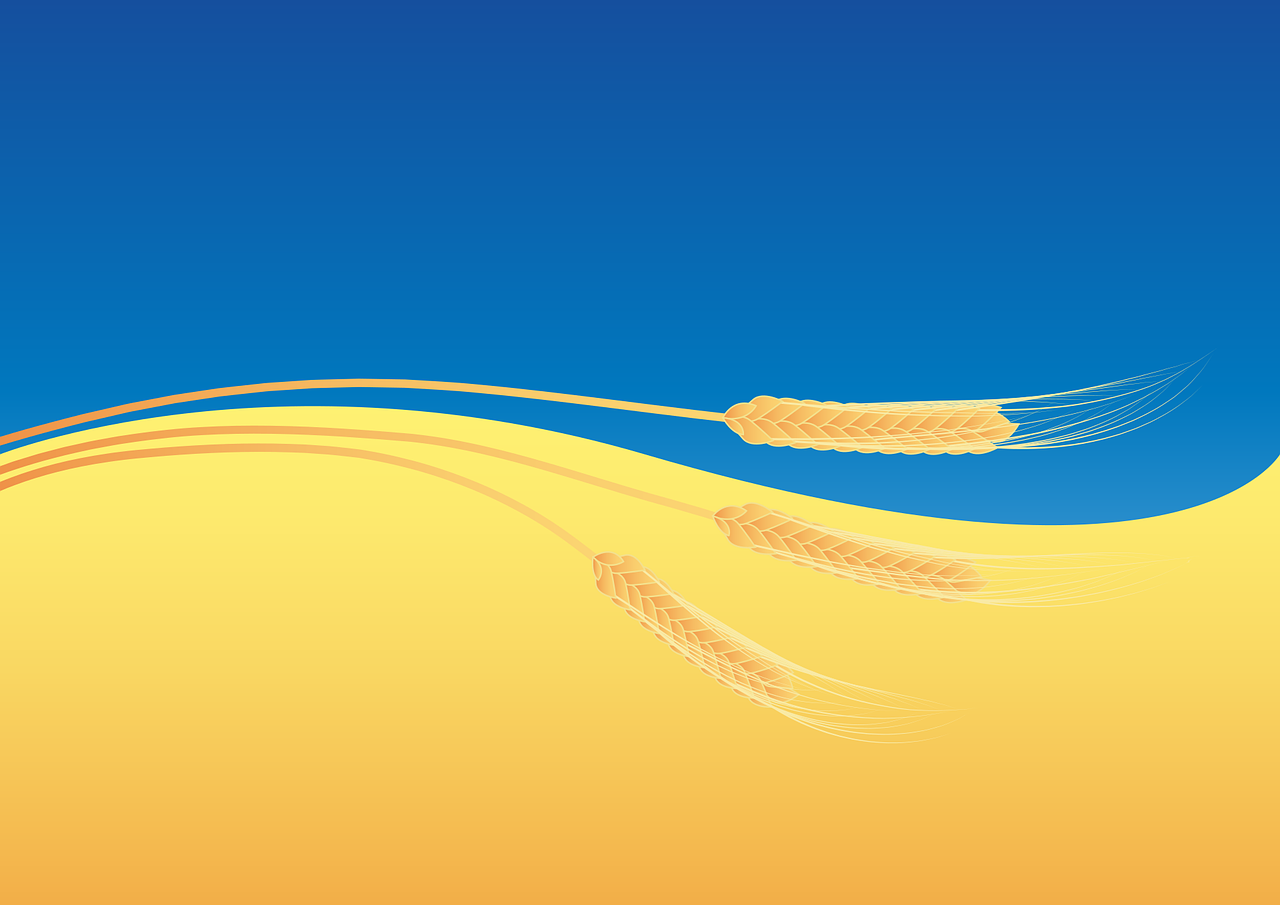
Poland, Slovakia, and Hungary will impose their own restrictions on Ukrainian grain imports after the European Commission decided not to extend a ban affecting Ukraine’s five EU neighbours. The EU created alternative land routes, so-called Solidarity Lanes, for Ukraine to use to export its grains and oilseeds after Russia backed out of a U.N.-brokered Black Sea grain deal in July. The EU Commission said existing measures would expire as originally planned on Friday after Ukraine agreed to introduce any legal measures (including, for example, an export licensing system) within 30 days to avoid grain surges.
The EU will refrain from imposing any restrictions as long as the effective measures by Ukraine are in place and fully working. Farmers in the five countries neighboring Ukraine have repeatedly complained about a product glut hitting their domestic prices and pushing them towards bankruptcy. The countries, except Bulgaria, had been pushing for an extension of the ban passed its Sept. 15 expiry. Poland, Hungary, and Slovakia previously said they may extend the restrictions unilaterally, while Bulgaria on Thursday voted to scrap the curbs. Romania’s government, which unlike its peers did not unilaterally enforce a ban before May, said on Friday it „regretted that a European solution to extend the ban could not be found.” It added it was waiting for Ukraine to present its action plan of measures to prevent an import surge by Sept. 18 before deciding how to protect Romanian farmers.
For the last year, Ukraine had been moving 60% of its exports through the Solidarity Lanes and 40% via the Black Sea thanks to the deal. In August, about 4 million tonnes of Ukraine grains passed through the Solidarity Lanes, of which close to 2.7 million tonnes were through the Danube river. The Commission wants to increase exports through Romania further but the plan has been complicated by Russian drone attacks on Ukraine’s grain infrastructure along the Danube and near the Romanian border.






